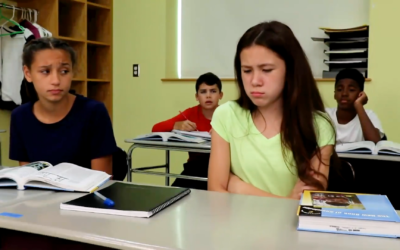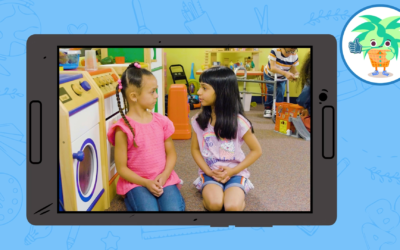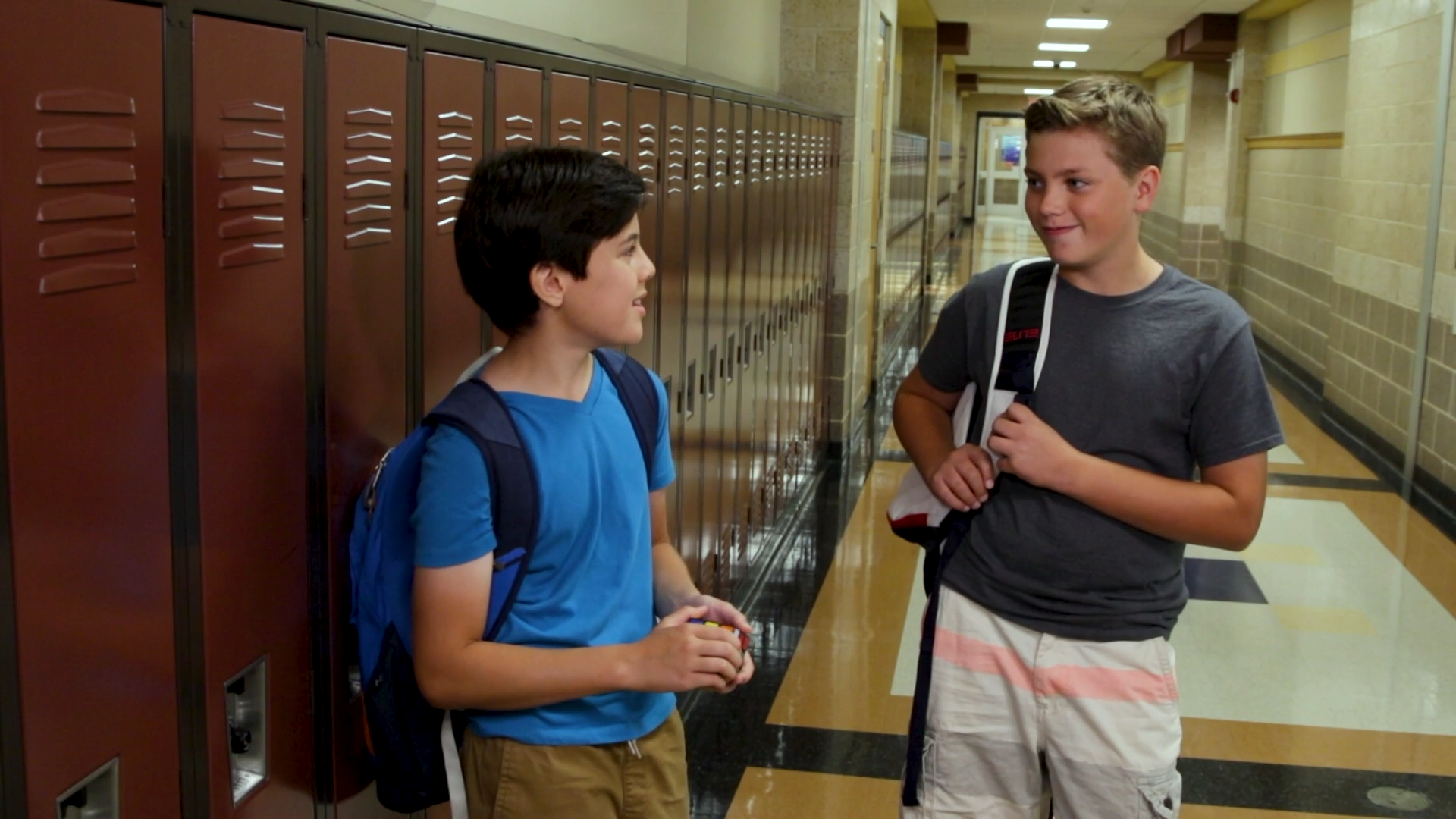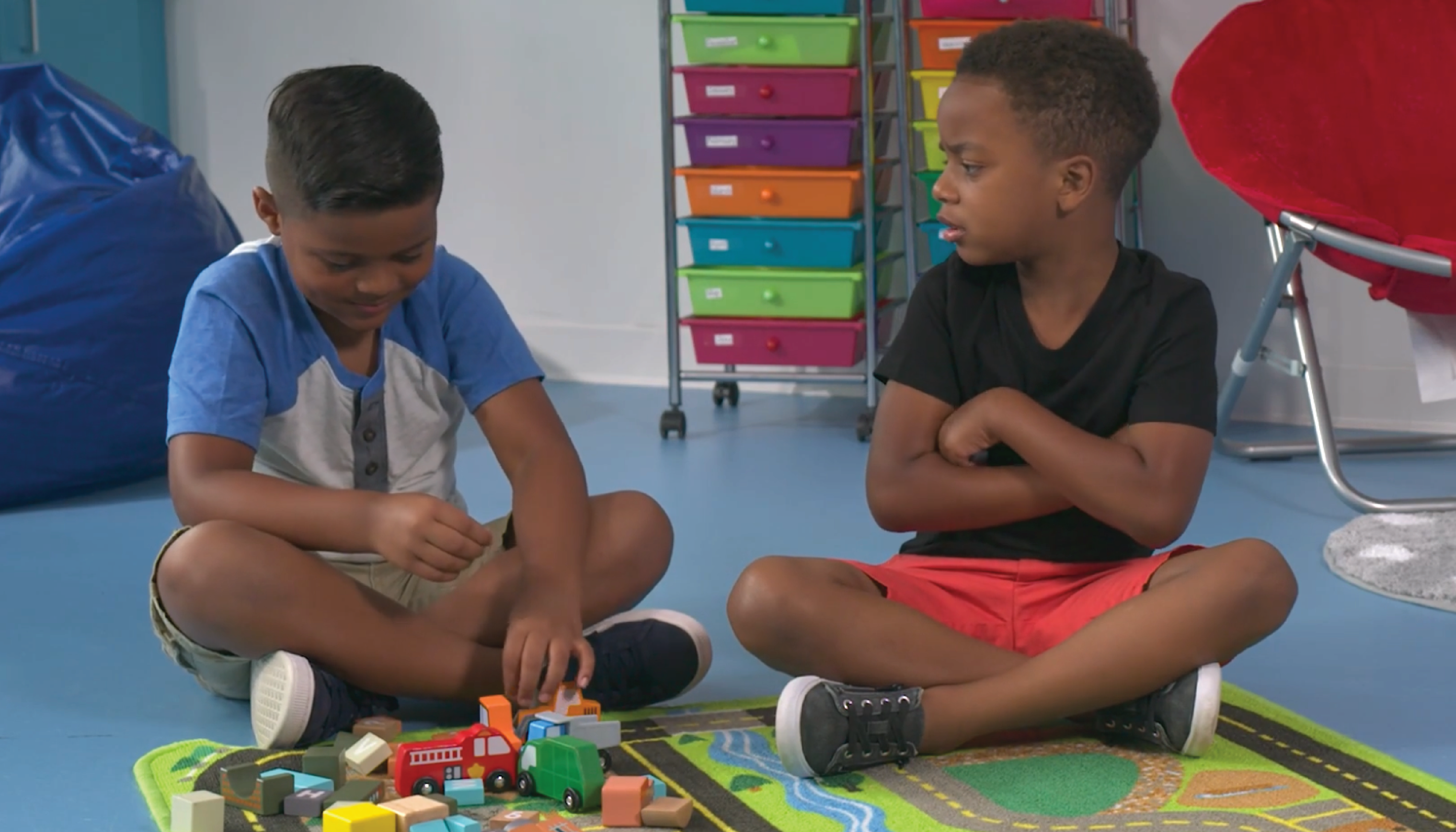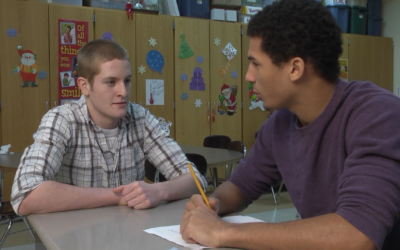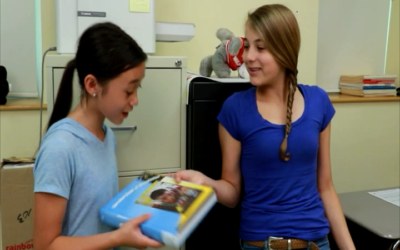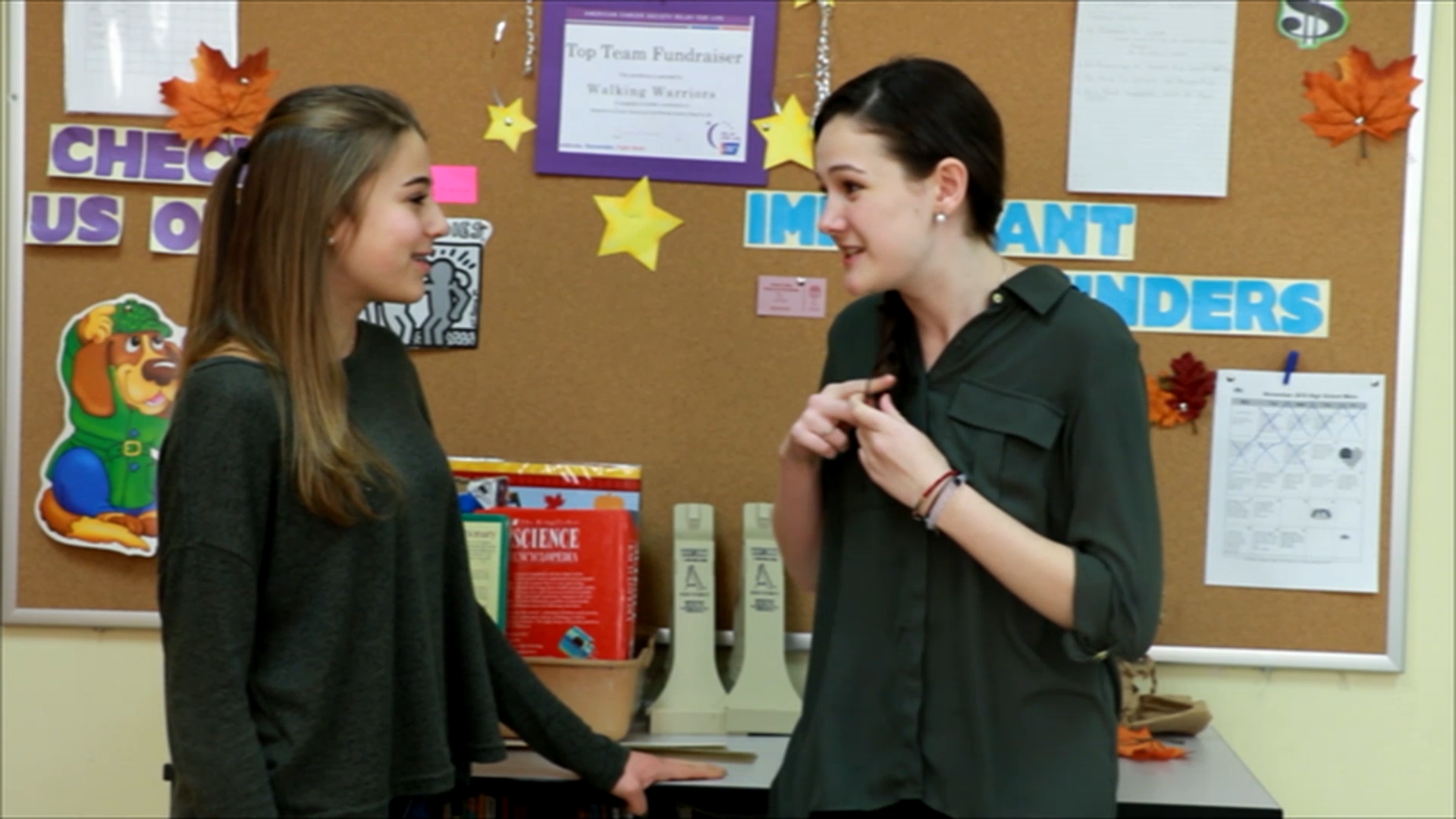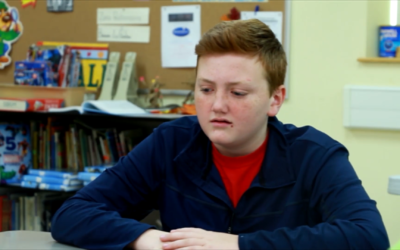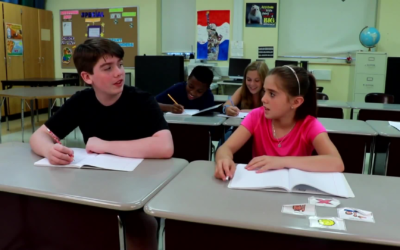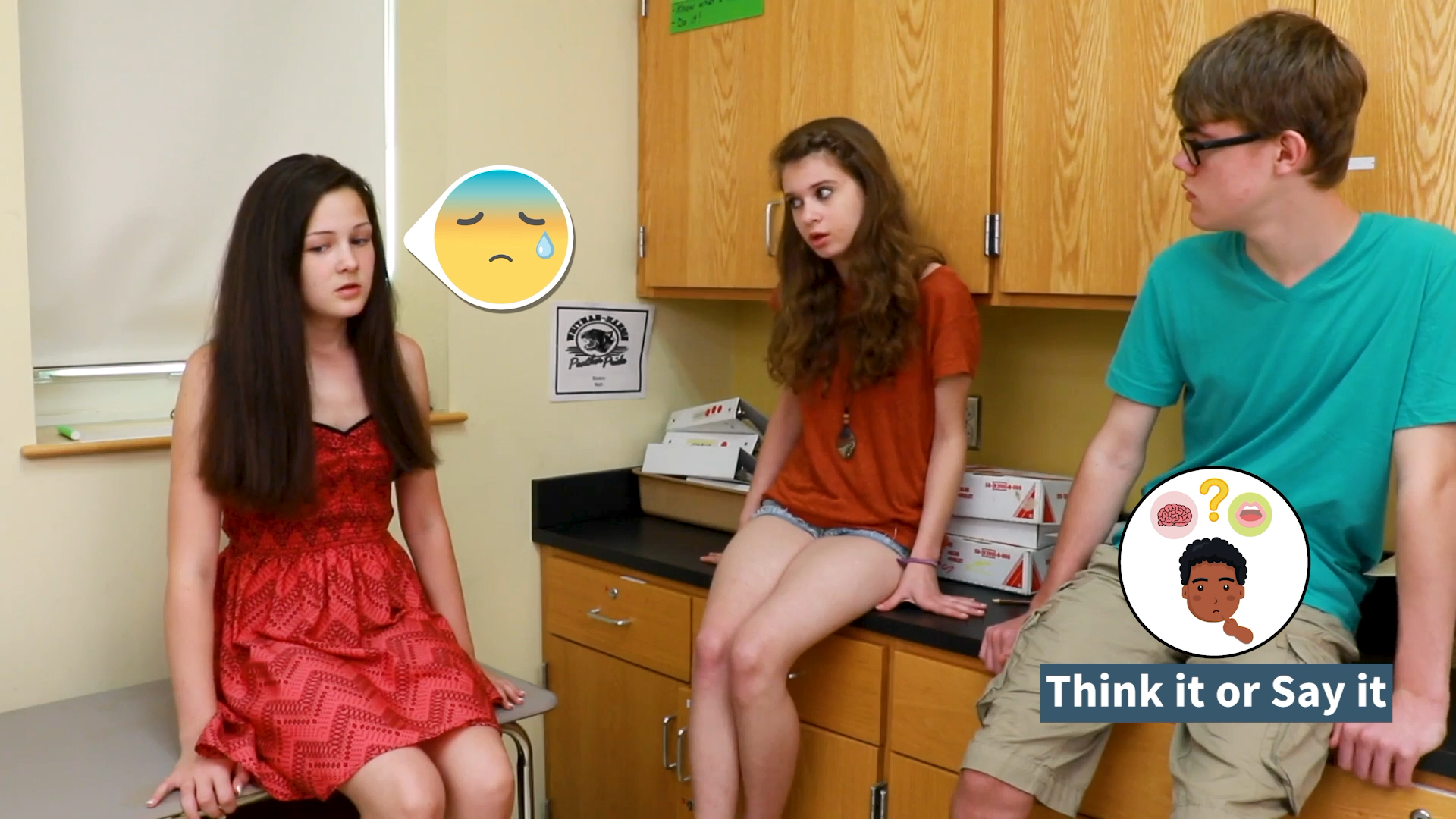Everyday Speech Blog
Social Skill Lesson Plans and Articles
No Results Found
The page you requested could not be found. Try refining your search, or use the navigation above to locate the post.
No-Prep Activities
Managing Worries: A Guide for Educators to Help Elementary Students
Introduction Worries are a natural part of life, and it's essential for students to learn how to manage them effectively. While some worries can be controlled, others are beyond our control. By teaching students to differentiate between the two types of worries, we...
Teaching PreK Students to Ask for What They Need: Activities and Tips for Educators
Introduction As educators, it is essential to teach young students the importance of asking for what they need. This skill empowers children to communicate their needs effectively and helps them develop healthy relationships with their peers and adults. In this blog...
Helping Students Cope with Rule Breakers: A Social-Emotional Learning Guide
Introduction In life, people may do things that bother us, such as breaking the rules. This can make students feel worried and upset. If they get too upset, they could lose control and make people around them uncomfortable. It's essential for educators to help...
Teaching PreK Students about Friendship and Social Skills
Introduction Friendship is an essential part of a child's social and emotional development. It helps them learn empathy, trust, and communication skills. This post will explore the concept of friendship for PreK students and provide a no-prep activity, discussion...
Teaching Whole Body Listening: Activities and Discussion Questions for Educators
Introduction As educators, we understand the importance of teaching our students not only academic skills but also social-emotional skills that help them navigate their daily lives. One such skill is whole body listening, which involves using our entire body to show...
Teaching Students to Read Body Language: A Guide for Special Education Educators
Introduction Body language is a crucial aspect of social communication, as it helps us understand others' emotions and feelings. Educators working with students in Special Education can greatly benefit from incorporating principles of Social-Emotional Learning to...
Teaching the Importance of Apologizing: A Guide for Educators
Introduction Apologizing is an essential social-emotional skill that helps students develop empathy, maintain positive relationships, and take responsibility for their actions. In this blog post, we will explore an easy-to-implement activity that teaches students when...
Developing Social Chameleon Skills in Special Education Students
Introduction Teaching students to be social chameleons means equipping them with the ability to adapt and blend into any situation they encounter. In our daily lives, we find ourselves in various situations, and it's crucial that our actions fit each one. To help...
Teaching Students to Say No Respectfully: An Essential Social-Emotional Skill
Introduction As educators, we strive to teach our students essential life skills that will help them navigate their social and emotional worlds. One such skill is the ability to say no respectfully. It is crucial for students to understand that they don't always have...
Teaching Kindergarteners the Importance of Saying Thank You
Introduction As educators, we strive to teach our students essential social skills that will help them build strong relationships throughout their lives. One such skill is expressing gratitude when someone is kind to us. Saying thank you is a fundamental way to...
Teaching the Art of Compliments: Boosting Social-Emotional Learning
When it comes to social-emotional learning, one of the most effective ways to help students develop strong communication and interpersonal skills is by teaching them the art of giving compliments. Compliments can not only boost self-esteem but also foster positive...
Teaching Students to Show Interest in Conversations
In this blog post, we'll explore the importance of teaching high school students how to show interest in conversations, even when discussing topics they may not find particularly engaging. By doing so, students can develop strong social skills and empathy, which are...
Staying Calm and Following the Group: Essential Skills for Elementary Students
In this blog post, we will explore the importance of teaching elementary students the valuable skills of staying calm and following the group when faced with unexpected situations or challenges. Through these skills, students can develop resilience, adaptability, and...
Enhancing Collaboration and Communication Skills in High School Students
Introduction Working with others can be challenging, especially for high school students who may have diverse personalities and learning styles. Effective collaboration and communication are essential skills for success in both academic and professional settings....
Think It or Say It: Teaching Students in Special Education to Make Kind and Helpful Comments
Introduction For students in Special Education, learning how to communicate effectively is crucial. One valuable skill is knowing when to share our thoughts and when to keep them to ourselves. The concept of Think It or Say It is a powerful tool that helps students...

